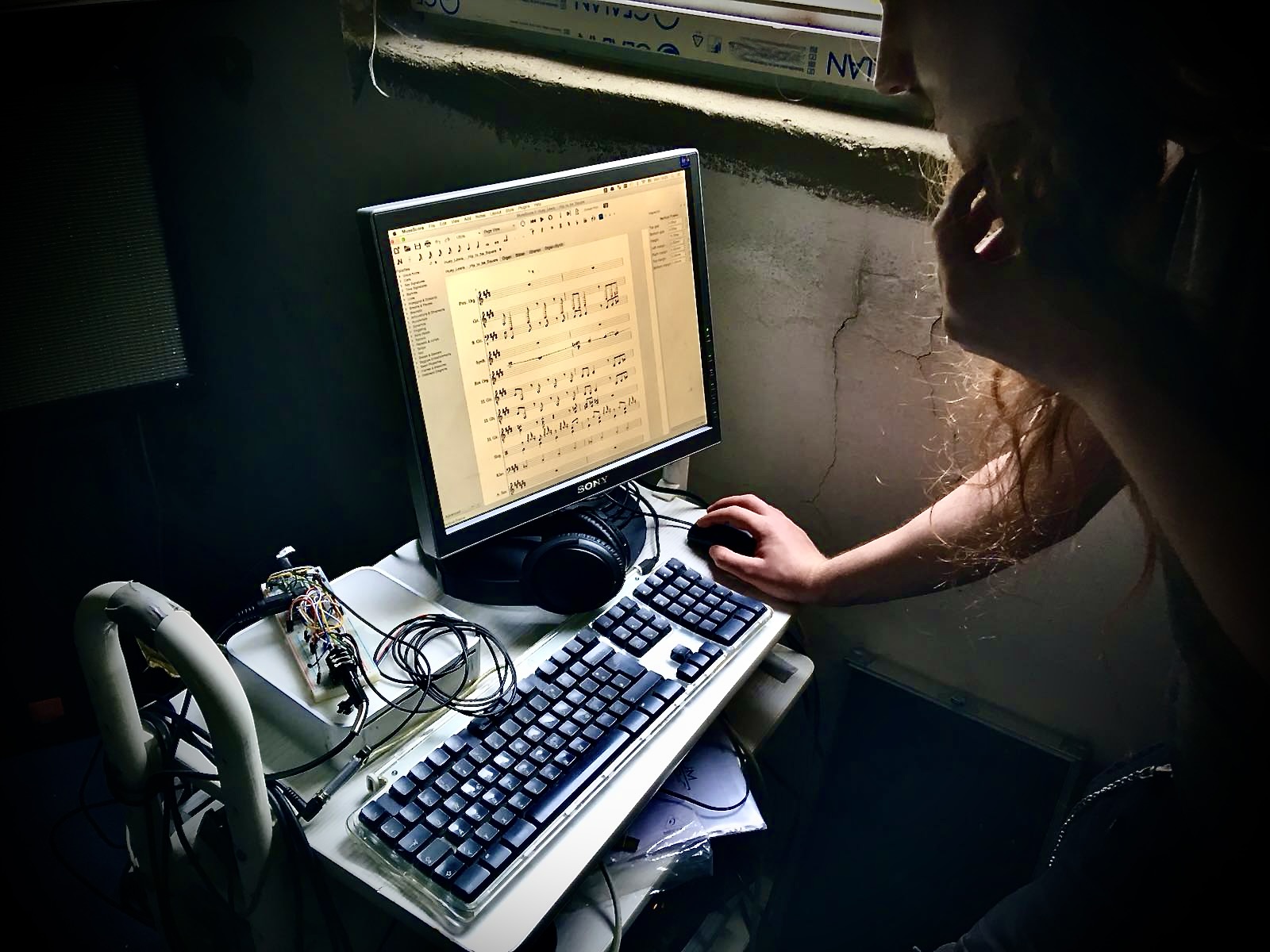Songwriting in Bands – a (Dis)continued Model of the Postdigital Age?
For the past two decades, international music education has been characterized by a growing interest in informal learning for formal contexts (Green 2008) and a “compositional turn” (Kaschub/Smith 2013), moving from closed to open forms of composing (Allsup 2013). This shift occurs under social and technological conditions such as Communities of Musical Practice (Kenny, 2016) or Digital Workstations (DAWs) that affect musical practices in the 21th century.
Against this backdrop, the joint research project Musical Communities in the (Post) Digital Age (MusCoDA) of the University of Erfurt (UE) and the University of Applied Sciences Clara Hoffbauer Potsdam (FHCHP) examines songwriting processes as an example of collective creativity in postdigital communities (Clements 2018; Cramer 2015). The four-year project, funded by the Ministry of Education and Research (BMBF), is built on the results of the pilot study “How popular musicians learn in the (post)digital Age” (Godau/Haenisch 2019).
Based on music lessons in schools (UE) on the one hand and informal bands (FHCHP) on the other, MusCoDA explores collaborative and collective learning in informal and formal contexts. Collective songwriting is examined in network perspectives (Latour 2005; White 1992), that will allow to view boundaries between both online and offline and formal and informal contexts as permeable and to reconstruct musical learning practices. By comparing songwriting processes in formal school and informal band contexts, possibilities for a pedagogical-didactic interweaving of different educational worlds come into focus. The goal of MusCoDA is to develop an empirical model of collective musical creativity and learning and to formulate an instructional design for teaching music in the postdigital age.
The poster presents the research design and discusses first results of the project. The data collection so far showed a drastic development. Almost no children and youth bands can be found as research participants in informal realms. However, they appear mainly in non-formal educational settings under the guidance of social pedagogues. Last but not least, the entire literature on band education is primarily based on the model of the rock-band in the rehearsal room with guitar, bass, keyboard and drums (along with music production with DAWs). The question arises to what extent the classic band concept has become a (dis)continued model, now appearing as an academicized form in formal contexts, but seeming to disappear in informal contexts.
